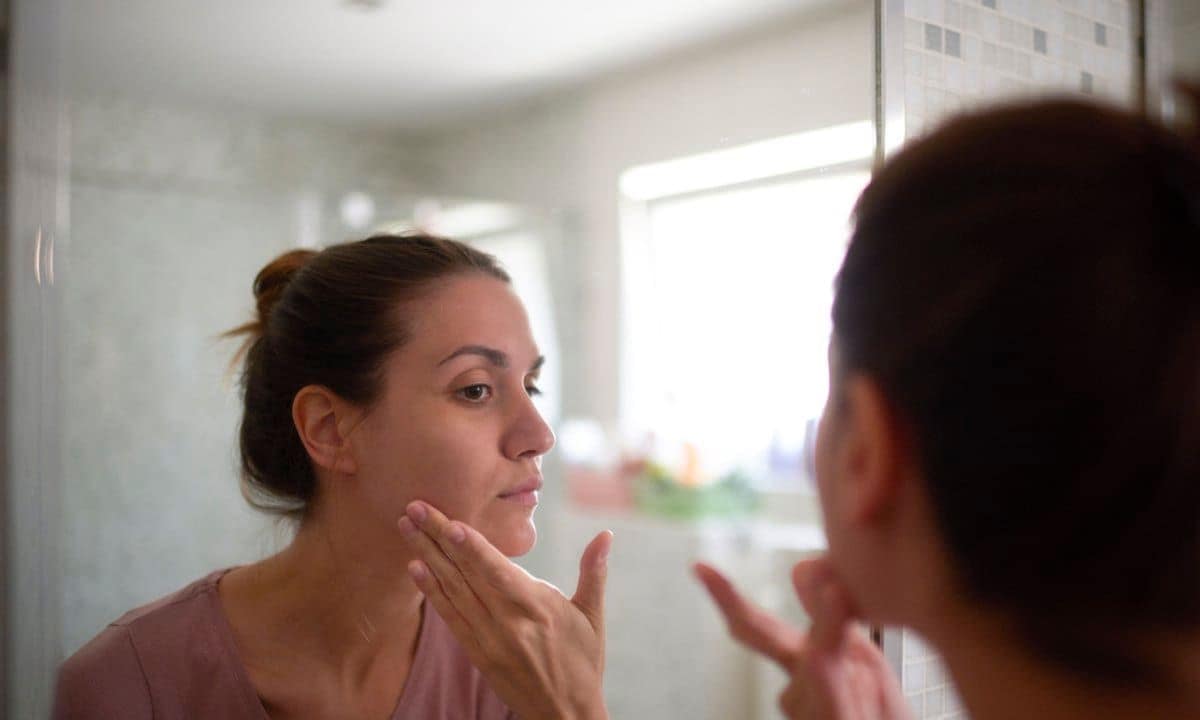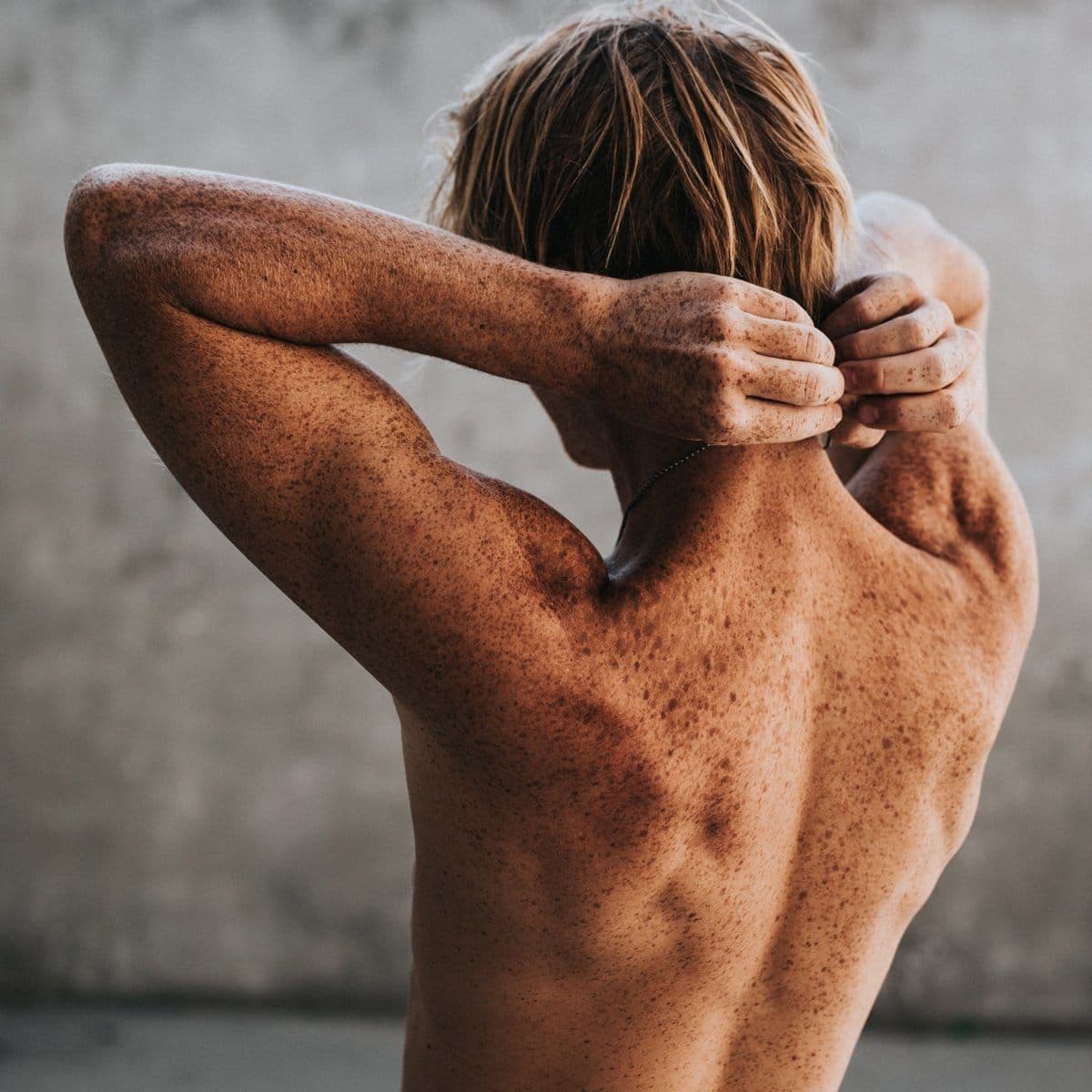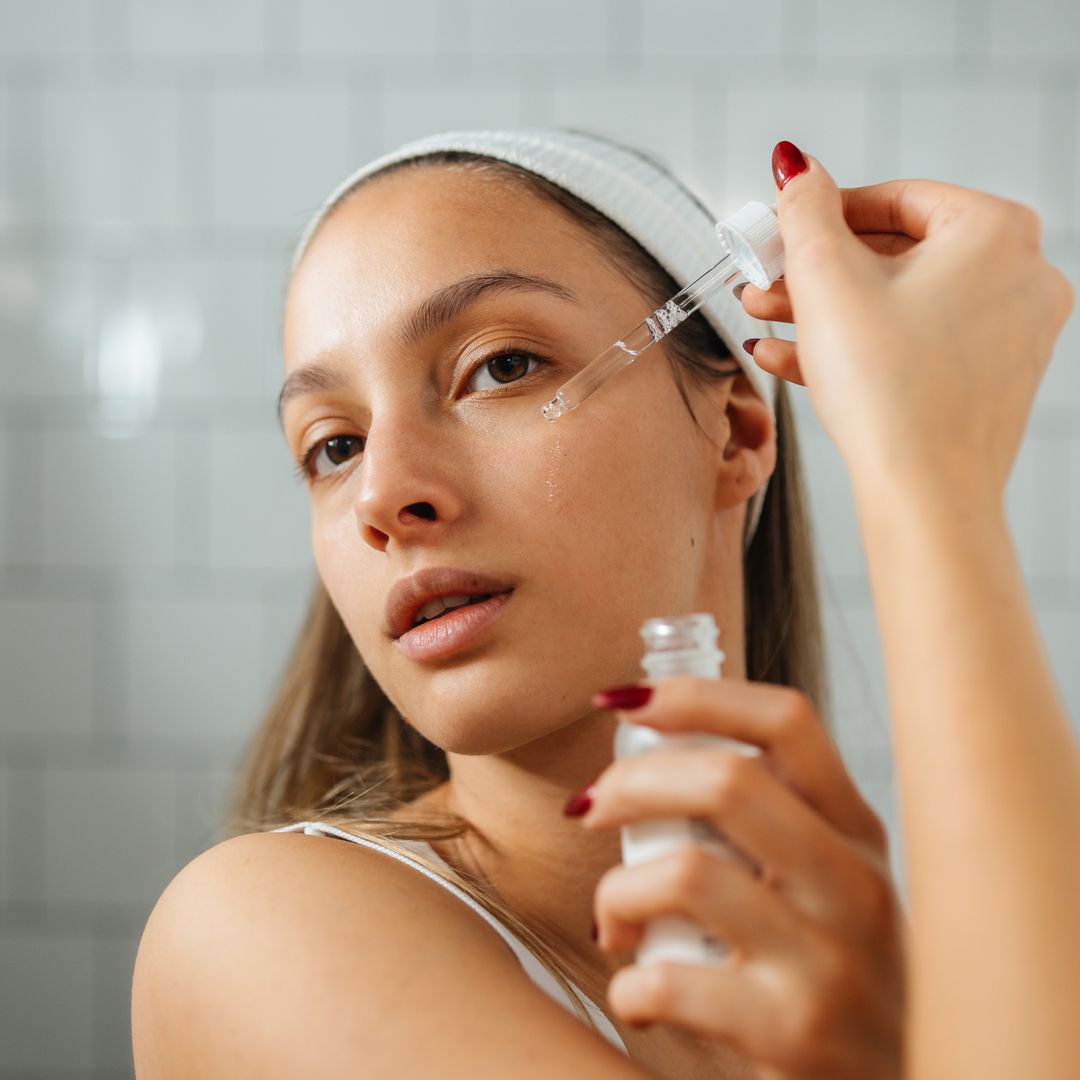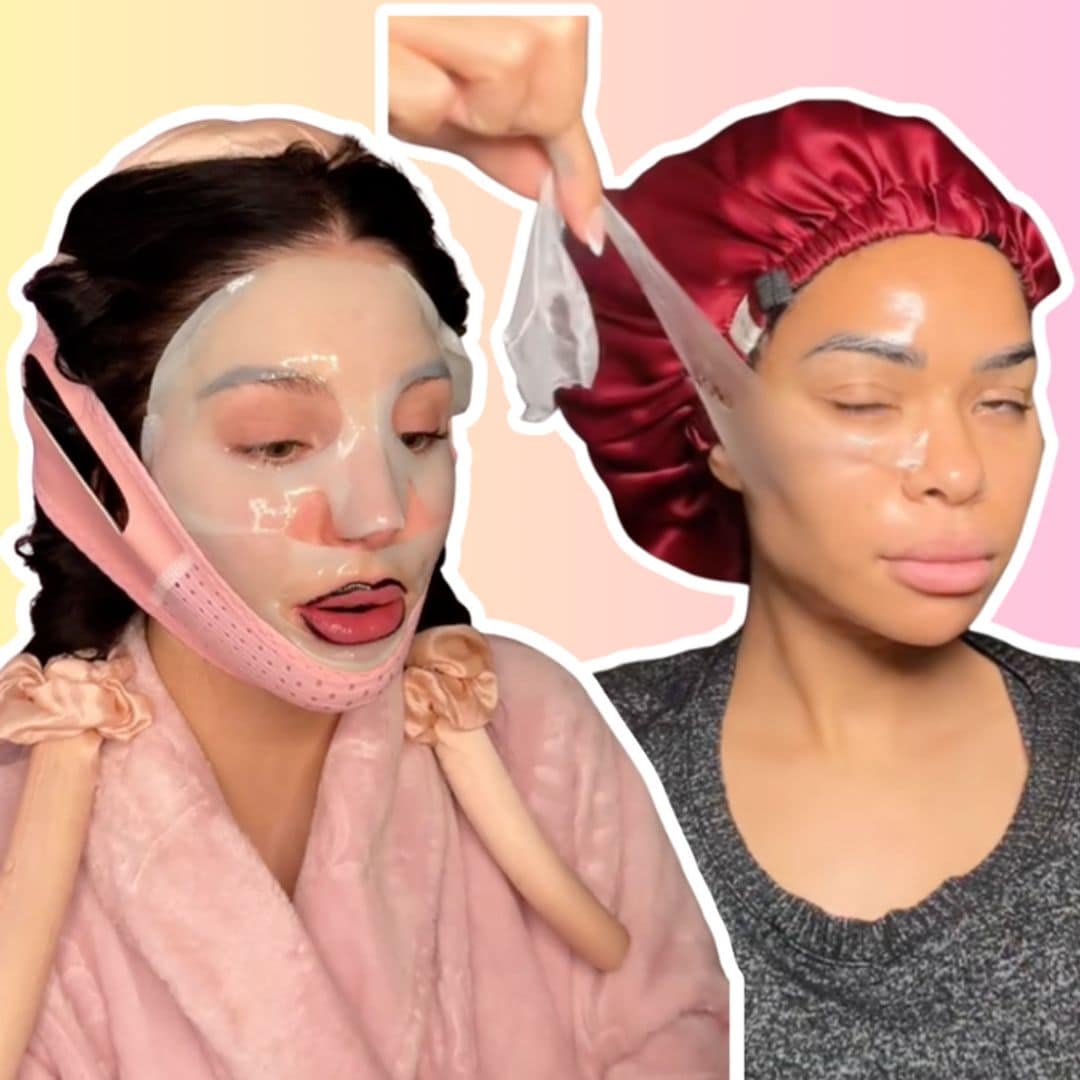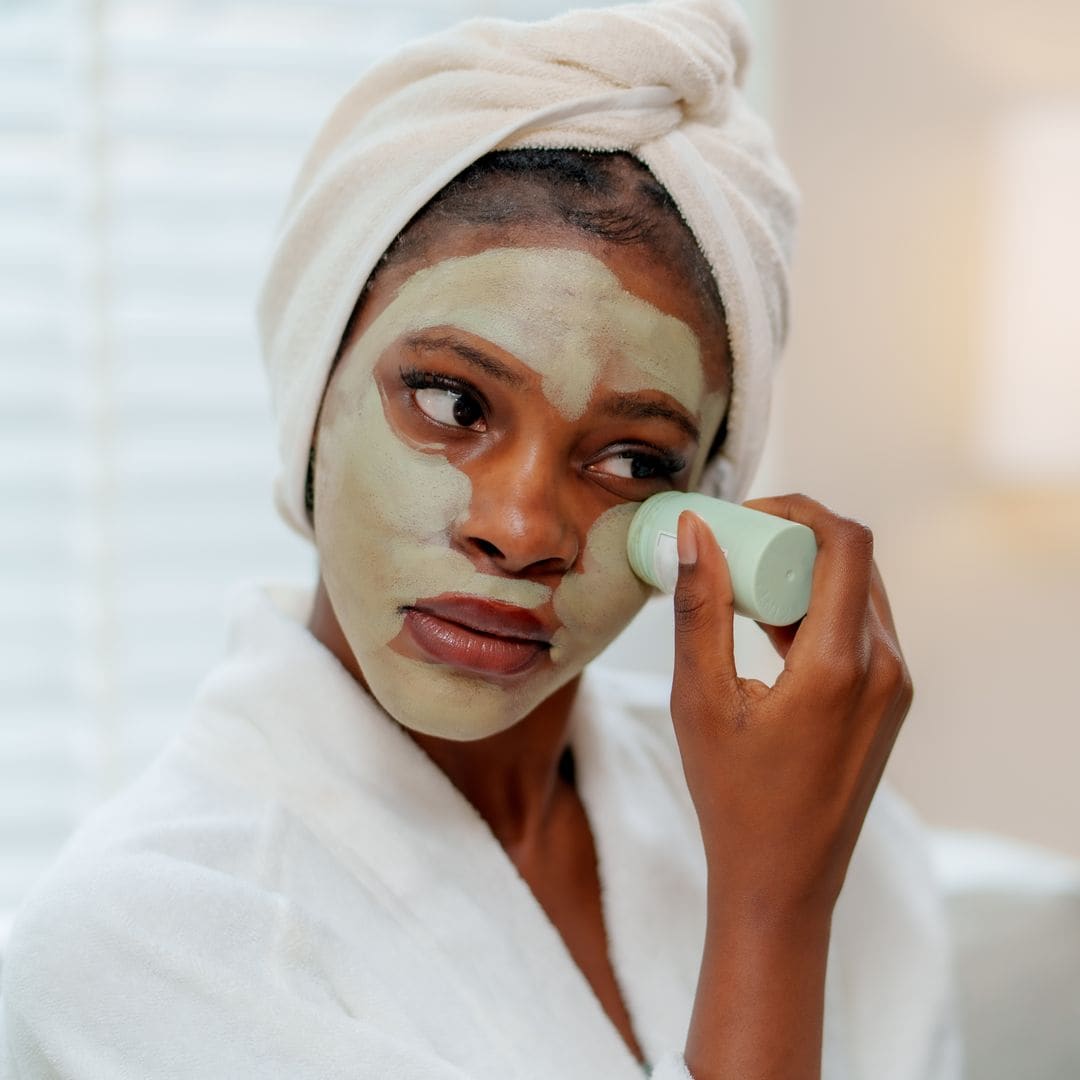May is Skin Cancer Awareness Month, and although you may not have had your skin health on top of your medical concerns in 2020 due to the coronavirus pandemic, according to Board Certified Dermatologist, and founder of Surface Deep, Alicia Zalka, M.D., in 2021 is extra essential to get back to your dermatologist.
Whether you placed your skin health in second place by necessity, fear or inconvenience, the expert highlights that only focusing on COVID-19 can lead to even more far-reaching and compounded medical insults if we allow it to.
Therefore, Dr. Zalka, as a leading skincare expert, multi-practice dermatologist, and associate clinical professor of dermatology at Yale University School of Medicine, shares with HOLA! USA why this year is more important than ever to get check out, and the myths and truths of skin cancer and how to prevent it.
5 Reasons Why NOW is a Good Time to Get Your Skin Checked Out
- We are all overly eager to get out into the world, travel, and vacation. We might forget or neglect to be careful when outdoors. It is known that blistering sunburns, especially if you’ve had more than one, can be a risk factor for premature skin aging and skin cancer. Check with your doctor about your own potential risks, and when outdoors, don’t forget to protect yourself.
- Being inundated with nonstop medical news in the media related to all things pandemic, it might be easy to ignore health screenings. Don’t let one health crisis lead to another. Be sure to make any of your routine doctor and dentist visits. The best answer to health concerns is prevention.
- While Telehealth medical visits have been so crucial during “lockdown,” as a way to check in with your health care provider, it may not be suitable for all types of doctor’s visits. To obtain a thorough skin exam, see your dermatologist in person. It is difficult to expertly evaluate skin spots, moles, or growths on a cell phone or computer screen.
- It has probably been over a year since you paid much attention to your skin. Be sure to do a self-skin exam, and if you see a new, changing, or non-healing spot or mole, get it checked out. Do the same for a loved one.
- Your doctor’s office is ready to welcome you. If you have concerns about visiting your dermatologist in person, call their office to be reassured about their adherence to sterilization and distancing protocols.
5 True or False Questions in Time for Skin Cancer Awareness Month
- The left side of the face can be more at risk for precancerous spots and early aging than the right side of the face.
TRUE: The driver’s side of the car, with its window, means more ultraviolet impacts the skin of the left side of the face than the right (unless you live in the UK or other places where the driver’s side is on the right). Since you began to drive, all the years spent behind the wheel meant sun exposure to the left side of the face. Even with the window closed, ultraviolet A rays can penetrate the window glass. You may not sunburn through this glass, but enough damaging rays can have their cumulative detrimental effect on your skin.
- All skin cancers are raised.
FALSE: May expect skin cancer to be a spot on the skin that is raised. While many skin cancers are bumps or lumps, some can be flat. Melanoma, for example, may appear as a discolored flat spot or patch. Don’t wait for a skin concern to be raised before having it checked out.
- Using sunscreen with SPF is the only way to avoid sunburns.
FALSE: While we rely heavily on SPF products like sunscreen to help us avoid sunburns, we can also: seek shade outdoors, wear hats, sunglasses, and protective clothing and limit how long we are in direct sunlight. Don’t forget; no sunscreen is truly waterproof. If you sweat or get wet, you must reapply to stay protected.
- I need sunlight to obtain Vitamin D.
FALSE: Exposure to sunlight does help our bodies produce Vitamin D. However, we can get Vitamin D from foods such as salmon, cod liver oil, egg yolks, and mushrooms, as well as Vitamin D fortified foods and dietary supplements.
- My white T-shirt is going to prevent me from a sunburn.
TRUE somewhat: Clothing can protect from the sun. However, a typical thin white T-shirt gives only about a 2-3 SPF and less than that when it is wet. Do not rely on it to be highly effective at preventing sunburns. There are many excellent fabrics and clothing companies available from which to choose outstanding skin protection. These products can be lightweight and worn even in the summer. Don’t think they will be too hot or occlusive. They work well. Rule of thumb: If you hold your piece of clothing up to a bright window and see some light through it, it will not offer good screening.

